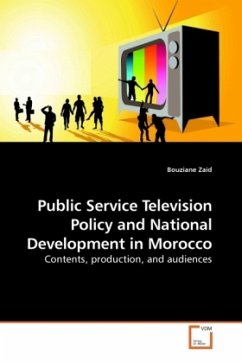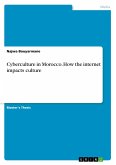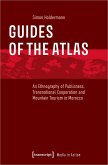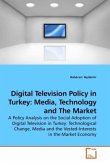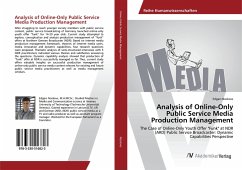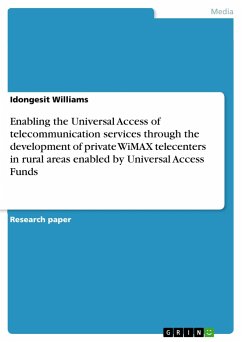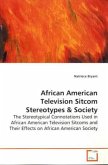Like many developing countries, and for many years, Morocco has sought the help of television to disseminate development ideas to its citizens. The Moroccan government has recently given important policy considerations to regulate the use of television and radio airwaves as important outside sources for promoting its development objectives. This study investigates the extent to which the Moroccan public service television meets the challenges of effectively contributing to the development objectives of the nation. It focuses on the two government-owned public service television stations, Al Oula and Soread 2M. Concerning the methodology, the study uses three main areas in critical media studies: content analysis, production analysis, and audience analysis. Addressing these areas helps tackle these research questions from both sides of the screen, examining the issues from the perspectives of both the broadcasters and the audience. In the conclusion, the study offers a list of recommendations for the use of television for development.
Bitte wählen Sie Ihr Anliegen aus.
Rechnungen
Retourenschein anfordern
Bestellstatus
Storno

